Foot ulceration is one of the most common complications of diabetes. It has been estimated to affect around 15% of diabetic patients during their lifetime. Out of 62 million patients who are diabetic in India, 25% develop diabetic foot ulcers. Out of these, 50% become infected, requiring hospitalization, and 20% usually need an amputation.
If you have been diagnosed with a diabetic foot ulcer and seeking treatment in Ghaziabad, you can contact Pristyn Care and get help from our vascular specialists.
Get Advanced Treatment for Diabetic Foot Ulcer in Ghaziabad At Pristyn Care
A diabetic foot ulcer is a serious complication of diabetes that cannot be managed through diet, exercise, and even insulin treatment. They most commonly form under your big toes or balls of the feet and can even affect your feet down to the bones. Though good foot care can prevent ulcers from forming, in some cases, patients often need surgical treatment to resolve this problem. Discussing the problem with the doctor is the best way to ensure that the ulcer doesn’t reach the chronic stage and is treated as soon as possible.
We provide advanced treatment for diabetic foot ulcers. We focus on simplifying the surgical experience of the patients and use the latest USFDA-approved techniques to treat diabetic foot ulcers and other vascular diseases as well. You can rely on us to provide you with optimal care regardless of the city you reside in.
Consult The Best Vascular Surgeons in Ghaziabad To Explore Your Treatment Options
The right person to consult for the treatment of diabetic foot ulcers is a vascular specialist or a podiatrist. We house a team of vascular specialists who are certified, well-trained, and highly experienced. Our doctors have been handling serious cases of diabetic foot ulcers for a very long time and they have ample knowledge and expertise in treating such problems.
The doctor will first diagnose your foot to determine the severity of the ulcer and narrow down the treatment options. If the ulcer is in the early stages, the doctor will recommend using antibiotics, off-loading, or hyperbaric oxygen therapy for initial treatment.
If the ulcer has advanced to grade 3 or above, the doctor may need to operate to clean the ulcer, remove the dead tissues, and restore the blood vessels to promote the healing of the wound. The doctor will make sure that you get comprehensive care without any compromise. Our non-medical staff also play a major role in the patient’s journey as they provide round-the-clock assistance from the beginning to the end.
Schedule Your Appointment Today & Visit the Nearest Pristyn Care Clinic for Consultation
Booking appointments with our vascular doctors is very simple. You can either call us on the number given at the top or fill out the appointment form. Our representatives will connect with you and confirm your consultation with the doctor at your convenience.
Get Free Consultation For Diabetic Foot Ulcer Treatment Throughout September At Pristyn Care in Ghaziabad
Worried about the ulcer in your leg? Get in touch with us and consult with the best vascular surgeons without worrying about the cost. We are providing free consultation to people who are seeking treatment for diabetic foot ulcers. Don’t delay and discuss your problem with the experts.
Why choose Pristyn Care for diabetic foot ulcer procedure in Ghaziabad?
We are associated with a few of the best healthcare institutions and renowned hospitals. Our hospitals facilitate modern infrastructure and advanced facilities that ensure a seamless patient experience. We provide daycare surgeries for diabetic foot ulcers, which means the patient can go home on the same day of surgery. Some of the benefits of choosing us are –
- Highly experienced vascular surgeon- Our team of vascular surgeons is highly experienced and certified to perform advanced diabetic foot ulcer surgeries with a very high success rate. Our vascular surgeons guide each patient through the procedure of diabetic foot ulcers prior to the surgery to avoid several risks and complications involved during the surgery.
- Insurance approval- We assist with the insurance approval for diabetic foot ulcers. However, the insurance approval depends on the type of your insurance policy and the terms and conditions set by the insurance provider.
- Flexible payment options- We offer several payment options for the procedure. We offer a 30% discount on the diagnostic test. Pristyn Care accepts credit cards and cash payments for diabetic foot ulcers and offers treatment at zero cost EMI.
- Free pick-up and drop facility- We provide free cab services for pick-up and drop-off to each patient within the city on the day of diabetic foot ulcer surgery.
- Free follow-up consultation- Recovery is an essential part of the treatment. We provide free follow-up consultation along with proper diet plans to all patients who have undergone diabetic foot ulcers for a smooth recovery process.
- COVID-19 safe environment – Pristyn Care ensures proper sanitization of all the OTs and clinics before each surgery to curb the spread of COVID. It is our top priority to maintain excellent hygiene and social distancing while providing a seamless patient experience.
List of Diabetic Foot Ulcers Doctors in Ghaziabad
| 1 | Dr. Ankur Agrawal | 5.0 | 11 + Years | Ground Floor, Plot No 140, Pocket 1, Jasola, New Delhi, Delhi 110025 | Book Appointment |
| 2 | Dr. Ankit Kumar Jain | 4.6 | 10 + Years | 29, Ring Rd, Block L, Lajpat Nagar 4, Lajpat Nagar, New Delhi, Delhi 110024 | Book Appointment |







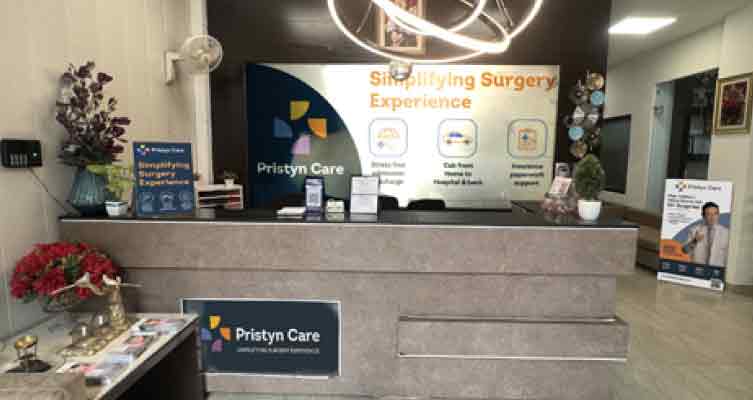
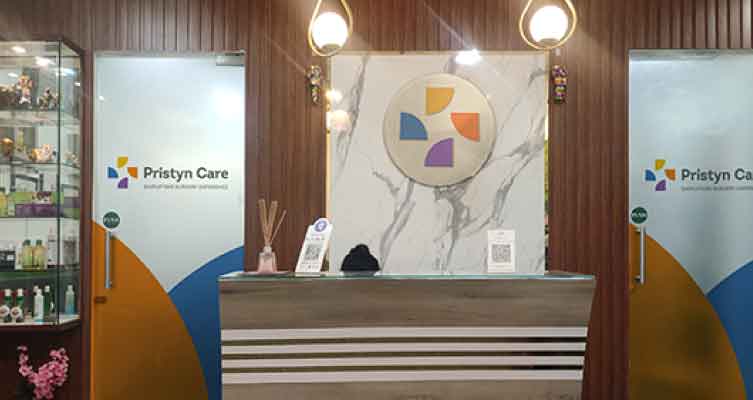
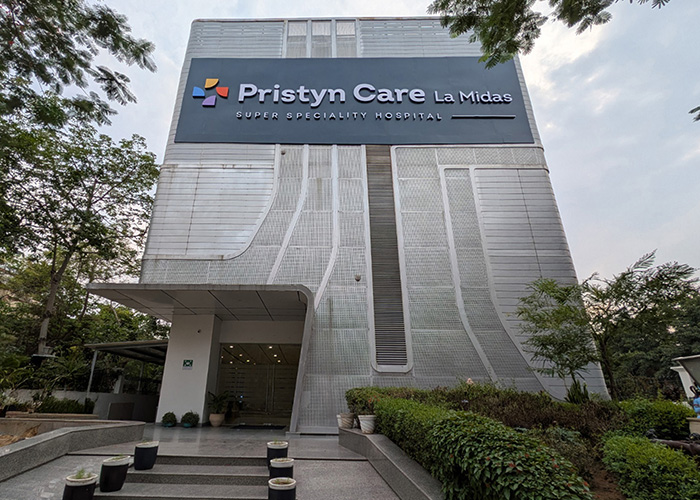

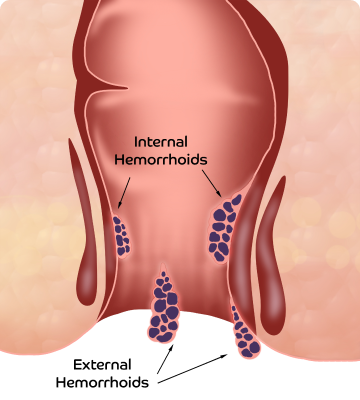
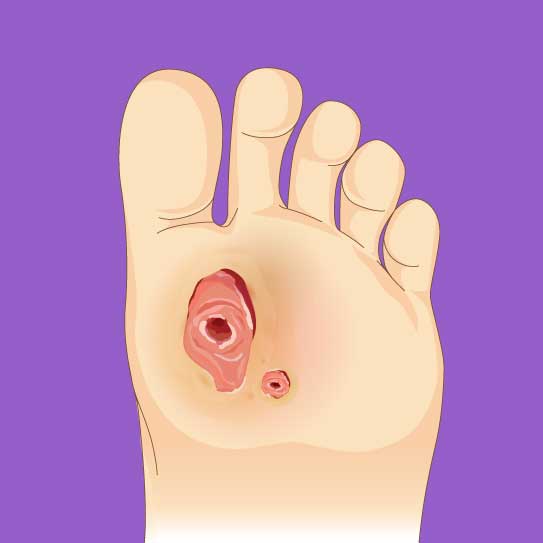
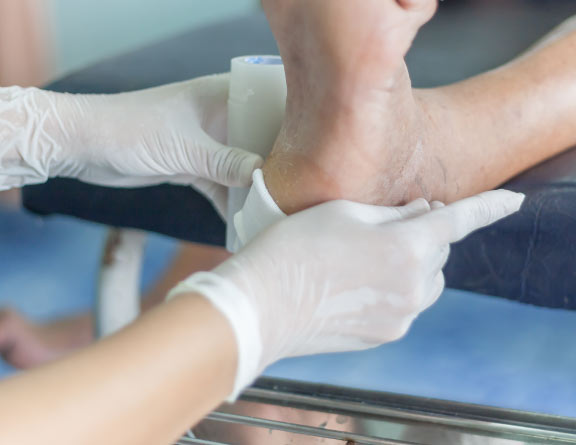
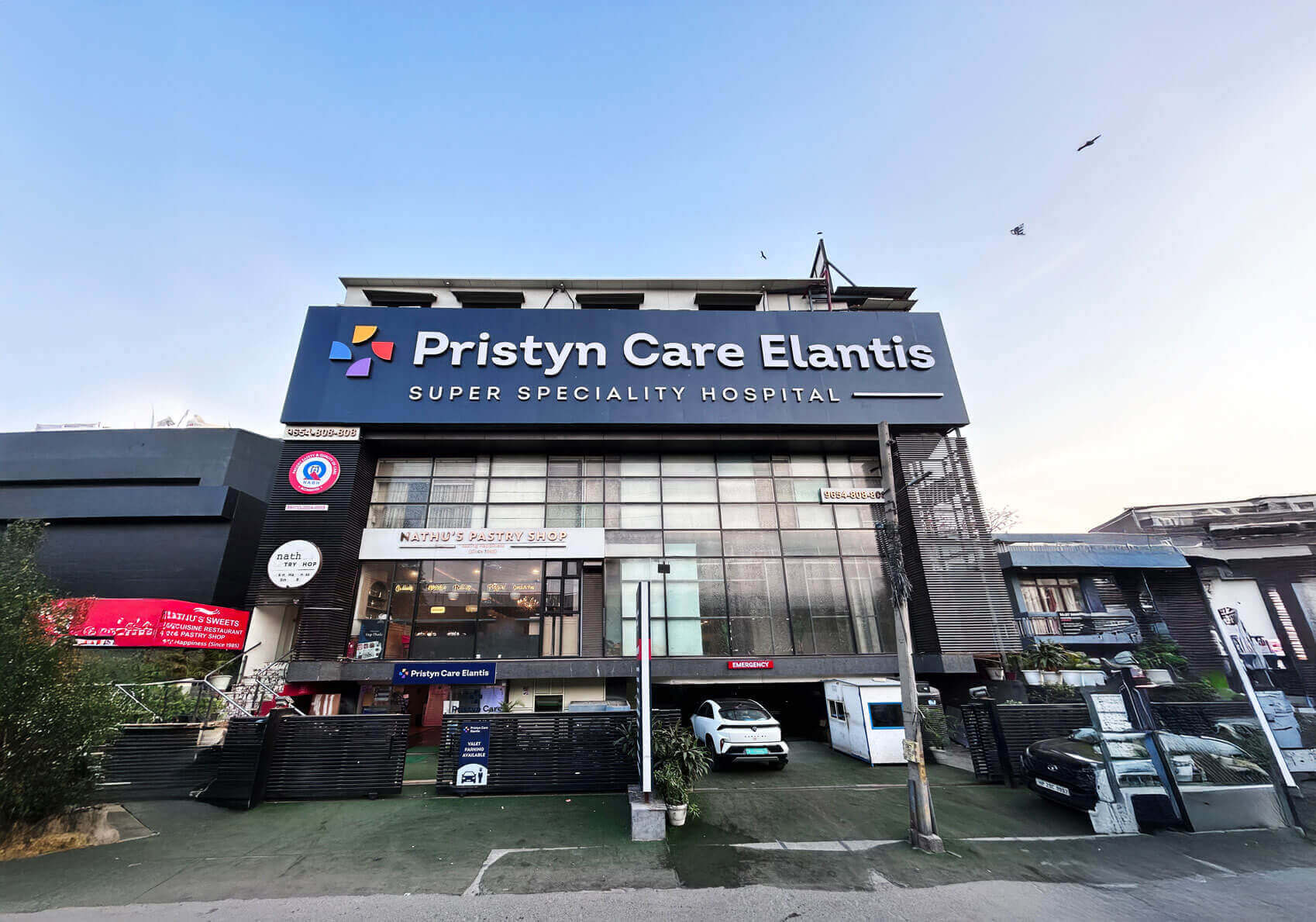
 4.7/5
4.7/5
 NABH
NABH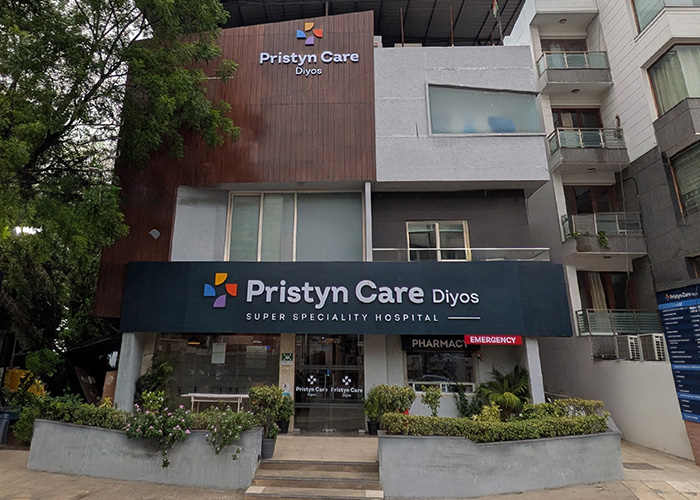
 NABH
NABH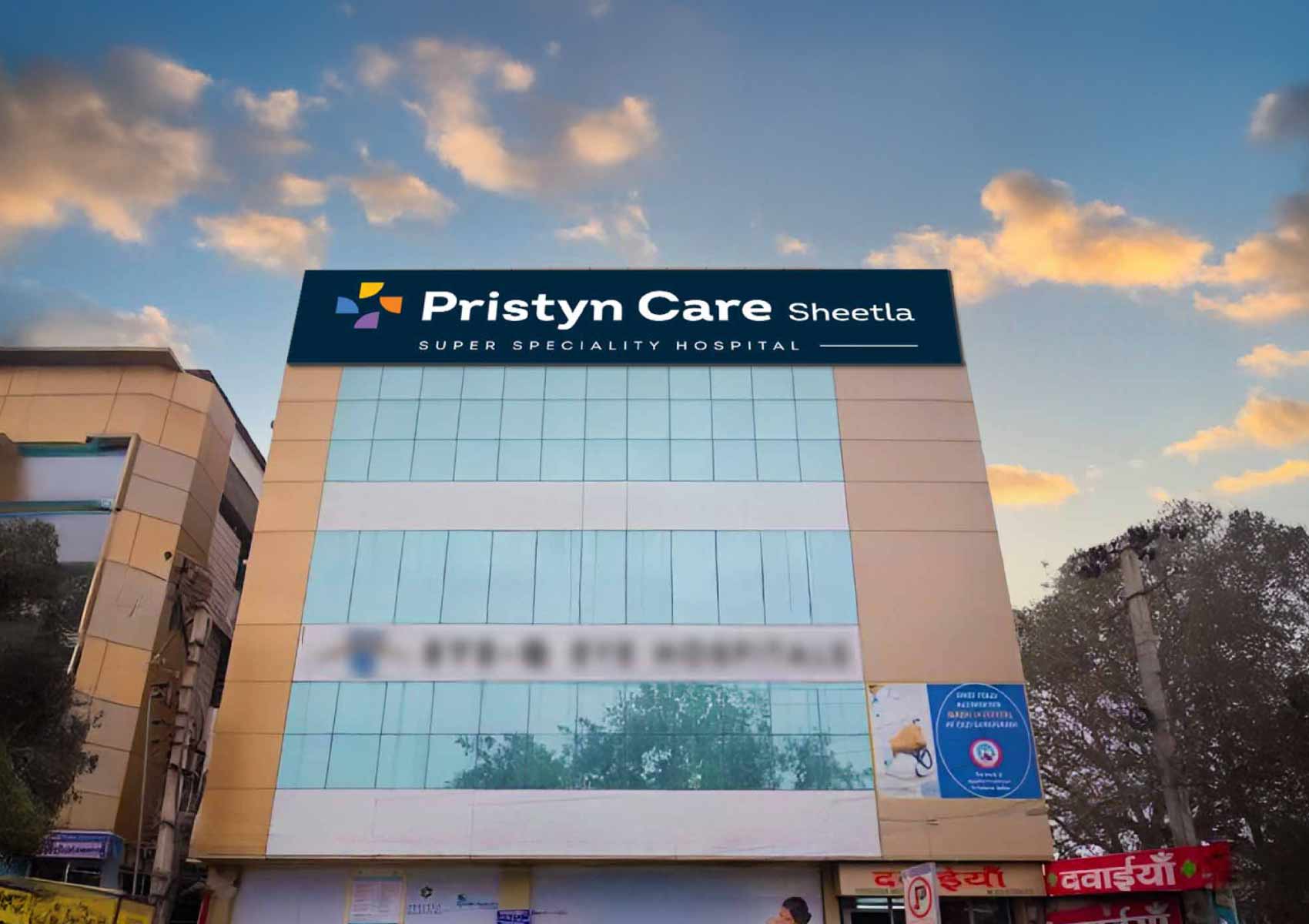
.svg)









